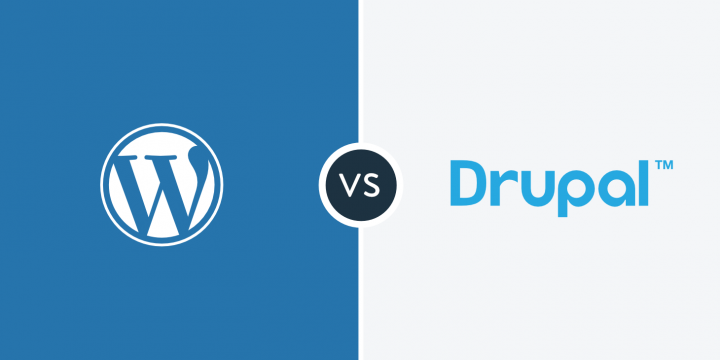It's 2018 - what's better, Wordpress or Drupal?
Much has been said in the Wordpress vs Drupal debate over the years, but with both platforms maturing at such a rapid rate, it's time to take another look at it and ask ourselves the question once again: Which CMS should I choose, Wordpress or Drupal?
The short version of this answer is a fairly straightforward one - Drupal is more powerful, Wordpress is more beginner-friendly. This is as true today as it was 5 years ago. Today, in 2018, the difference between the two platforms is possibly even more pronounced. Drupal 8 has moved more and more towards the "enterprise", whereas Wordpress has stubbornly stuck to its principles, and even to today allows for a competent non-programmer to set up a Wordpress site, install a theme and some modules, and get a website up and running.
One of the biggest reasons for this divergence is Drupal 8's reliance on a tool called "composer". Whilst you could maybe get the basics of a Drupal 8 site up and running without composer, you will almost certainly run into roadblocks. Now, don't get me wrong, the move to composer is FANTASTIC, and forcing Drupal users into using it is the right thing to do; leaving it as optional limits the possibilities that the tool offers. But there is no question that it has given Drupal 8 a *FAR* steeper learning curve to the non-technical user. I reckon I could talk the missus through uploading Drupal's core files and creating a database, but setting up a local development environment and hitting the command line tools? An entirely different story.
Wordpress, on the other hand, is just as beginner-friendly as it always was. This is part of their ethos, and it's definitely one of the reasons behind their enormous popularity. Wordpress has been changing, too, and in recent years there has been a surge in popularity with these packages called "page builders". These drag and drop tools give non-technical users the ability to create some pretty complex page layouts with zero programming input, and turn a tool like Wordpress into essentially a self-hosted Squarespace or Wix.
While it's debatable whether page builders are a good thing or not, there's no question they've given non-technical users power over their website layout they never had before. Drupal, too, has improved significantly in the user-friendliness stakes, with modules like Paragraphs enabling "select and build" type page layouts for the end user, along with media management finally being brought into Drupal core. There's no drag-and-drop style page builders for Drupal, and we may never see one, but it's certainly a LOT friendlier to the non-technical admin than Panels.
All of this means that the fundamental difference between the two platforms is still the same - Wordpress is simpler to use, Drupal is more powerful but more complex. Wordpress is improving constantly on its core mission. It has gotten more flexible, but is still very much focused on providing a great content editor experience to non-technical users. Drupal continues to improve on its core mission, to provide a powerful and flexible framework for building content managed sites, and the changes in Drupal 8 are honestly a boon to the technical people actually working on your site, but it has lost some of the simplicity that allowed it to compete with Wordpress at the non-technical user end of the market.
Assembler is a web design agency based in Perth, Western Australia. This blog is intended to be an informal, behind the scenes look into the web design and development industry. If you like our content, please follow us on LinkedIn or Facebook!
